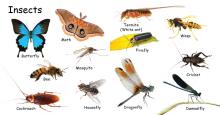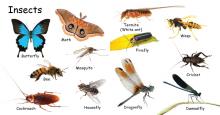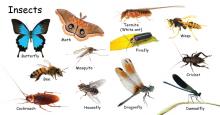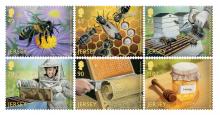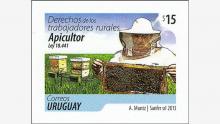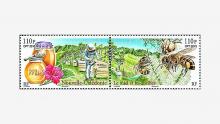Europaparlament: Bienenleitlinie endlich umsetzen
Das europäische Parlament hat die EU-Kommission heute aufgefordert, die Leitlinie zum Schutz der Bienen vor Pestiziden von 2013 endlich vollständig umzusetzen. Die Änderungspläne, an denen die EU-Kommission aktuell arbeite, blieben hinter dem ursprünglichen Standard zurück, kritisierte der grüne Europaabgeordnete Martin Häusling. Naturschützer warfen der EU-Kommission vor, dem Druck der Industrie nachgegeben zu haben.

